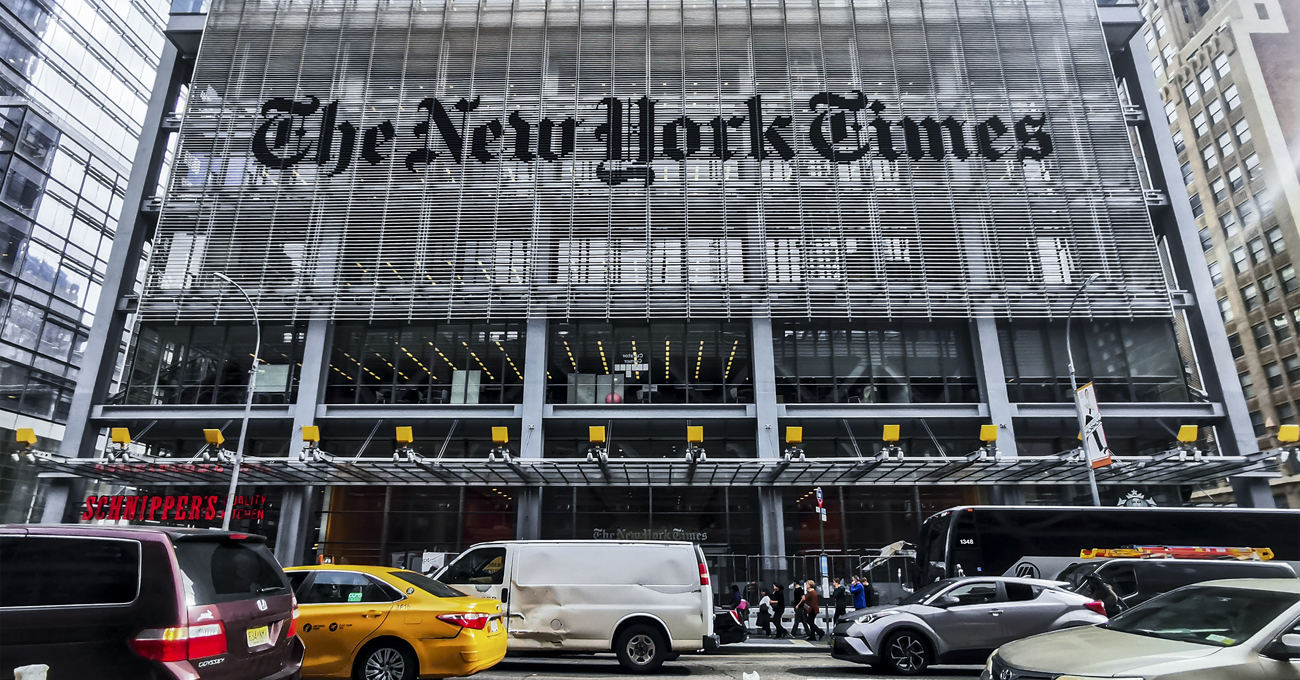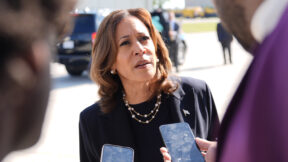The Economist Accuses The New York Times Bestseller List of Bias Against Conservatives

Beata Zawrzel/NurPhoto via AP
A new investigation by The Economist suggests that The New York Times bestseller list may be systematically biased against conservative books and publishers.
The former’s inquiry into the latter’s practice found that “on average, books by conservative publishers are seven percentage points less likely to make it onto New York Times weekly bestseller lists than books by other publishers with similar sales figures” with lesser known titles being especially effected. “Those that place in the bottom ten of 25 slots on the Publishers Weekly bestselling non-fiction books list in a given week are 22 percentage points less likely to make it onto the New York Times list,” The Economist found.
While the Times insisted in a statement that “the political views of authors or their publishers have absolutely no bearing on our rankings and are not a factor in how books are ranked on the lists,” The Economist expressed doubt in this sentiment by running through and debunking several alternative explanations — including bulk sales, and a bias against political sales more generally — for the discrepancy it found.
Reflecting on the implications of its findings, The Economist argued that “The fairness of the New York Times list is not merely a question of politics,” before concluding:
Bestseller status helps an author sell more books, generate speaking fees and negotiate better contracts for future book deals. As other newspapers have done away with their lists and bookstores have closed in recent decades, the New York Times list is even more important. It is supposed to function as a reflection of what the public is reading—and influences what consumers might want to.
A more transparent list would also be more useful. If Alex Jones, a controversial far-right conspiracy theorist, was indeed the second-place bestselling author in America—as Bookscan says he was in August 2022, with a title that was omitted from the New York Times list—people should probably know that. His enduring popularity says a lot about the country and its readers, who are not willing to close the book on him.
This isn’t the first time The Economist has come for the Gray Lady over related issues of ideological homogeneity and bias. In December, it published a 17,000-word deep dive from ex-Times editorial page editor James Bennet headlined “When the New York Times lost its way.”
Have a tip for us? tips@mediaite.com






